Highlights
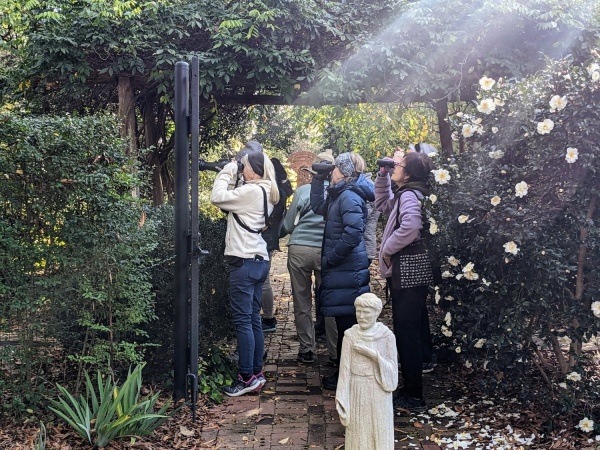
Bird Walk
Wing HavenThrough May 13
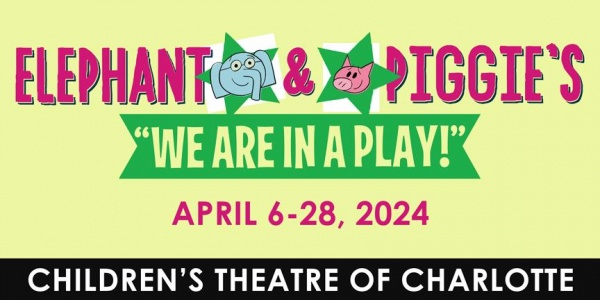
Elephant & Piggie’s “We Are In A Play!”
Children's Theatre of CharlotteThrough April 28
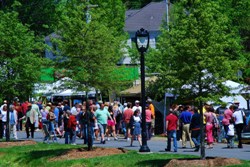
Kings Drive Art Walk
Little Sugar Creek GreenwayMay 4 - May 5
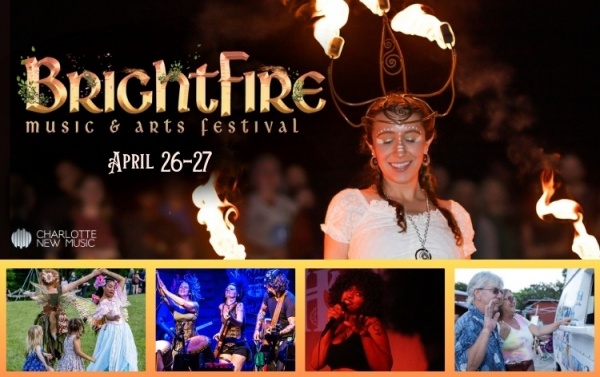
BrightFire Music & Arts Festival
Green Life Family FarmsThrough April 28
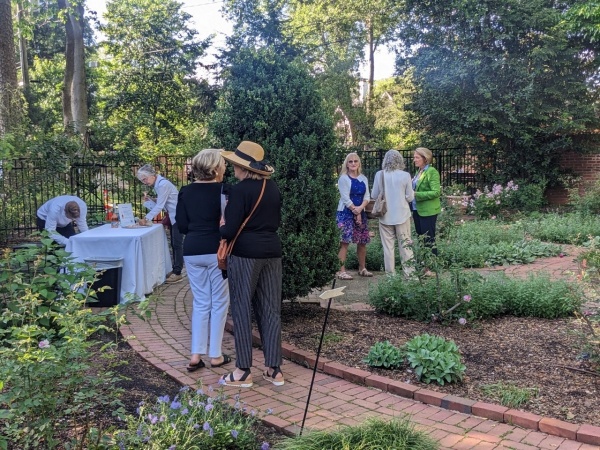
Garden Tour Sip & See
Wing HavenApril 26
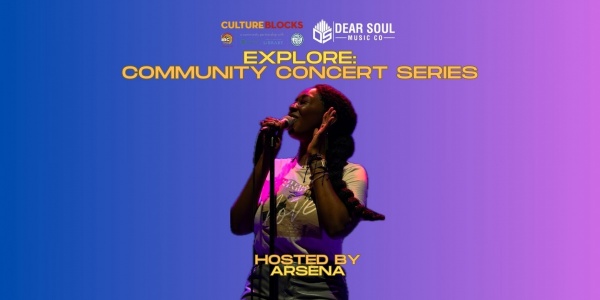
EXPLORE: Community Concert Series
David B. Waymer Recreation CenterThrough April 26
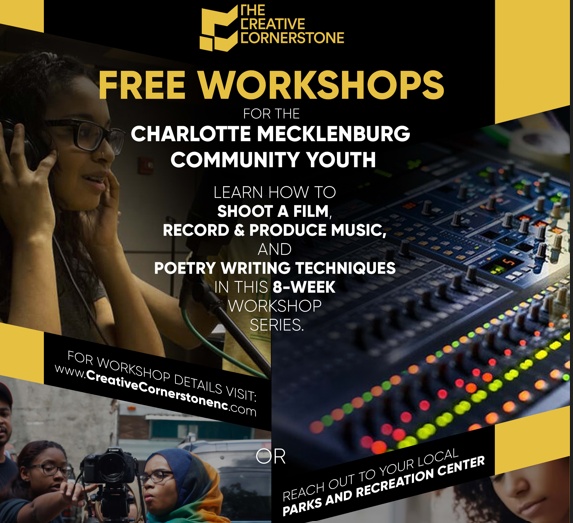
The Creative Cornerstone Digital Creative Workshops
Southview Recreation CenterThrough May 1
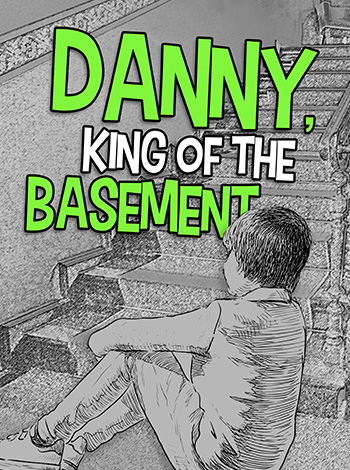
Danny, King of the Basement
Children's Theatre of CharlotteThrough April 28
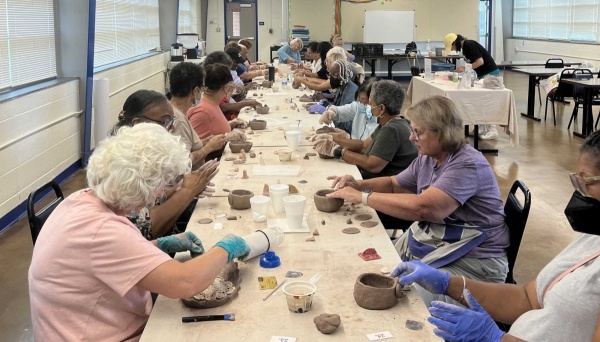
Hands-on Clay Workshop - Families and/or All Ages
Charlotte Mecklenburg Library - South Blvd. Public LibraryThrough May 20
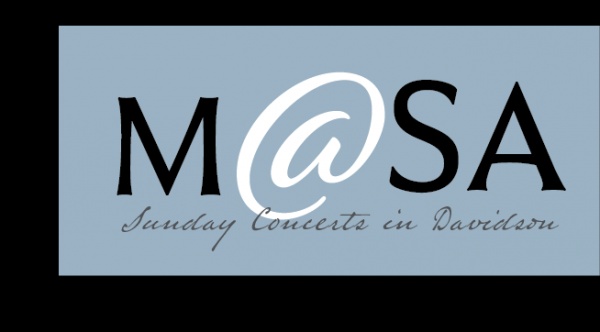
Music at St. Alban's presents Adam Kossler and Ellie Wee
St Alban's Episcopal ChurchApril 28
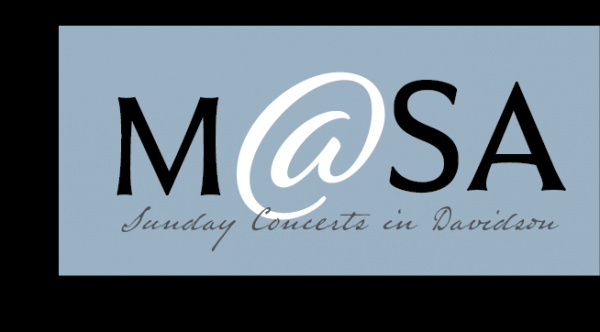
Hank, Pattie and The Current
St Alban's Episcopal ChurchMay 19
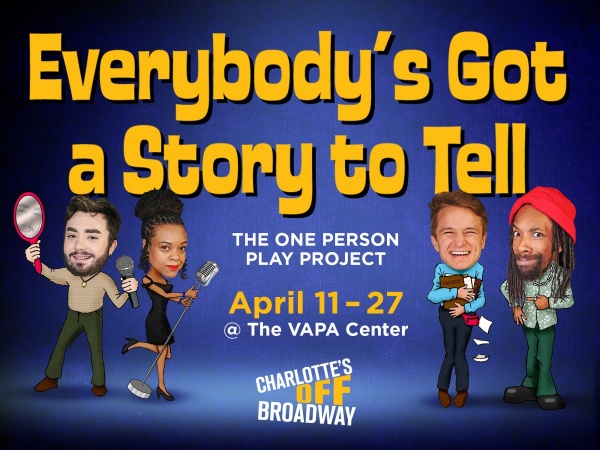
Everybody’s Got A Story to Tell - The One Person Play Project
The VAPA CenterThrough April 27